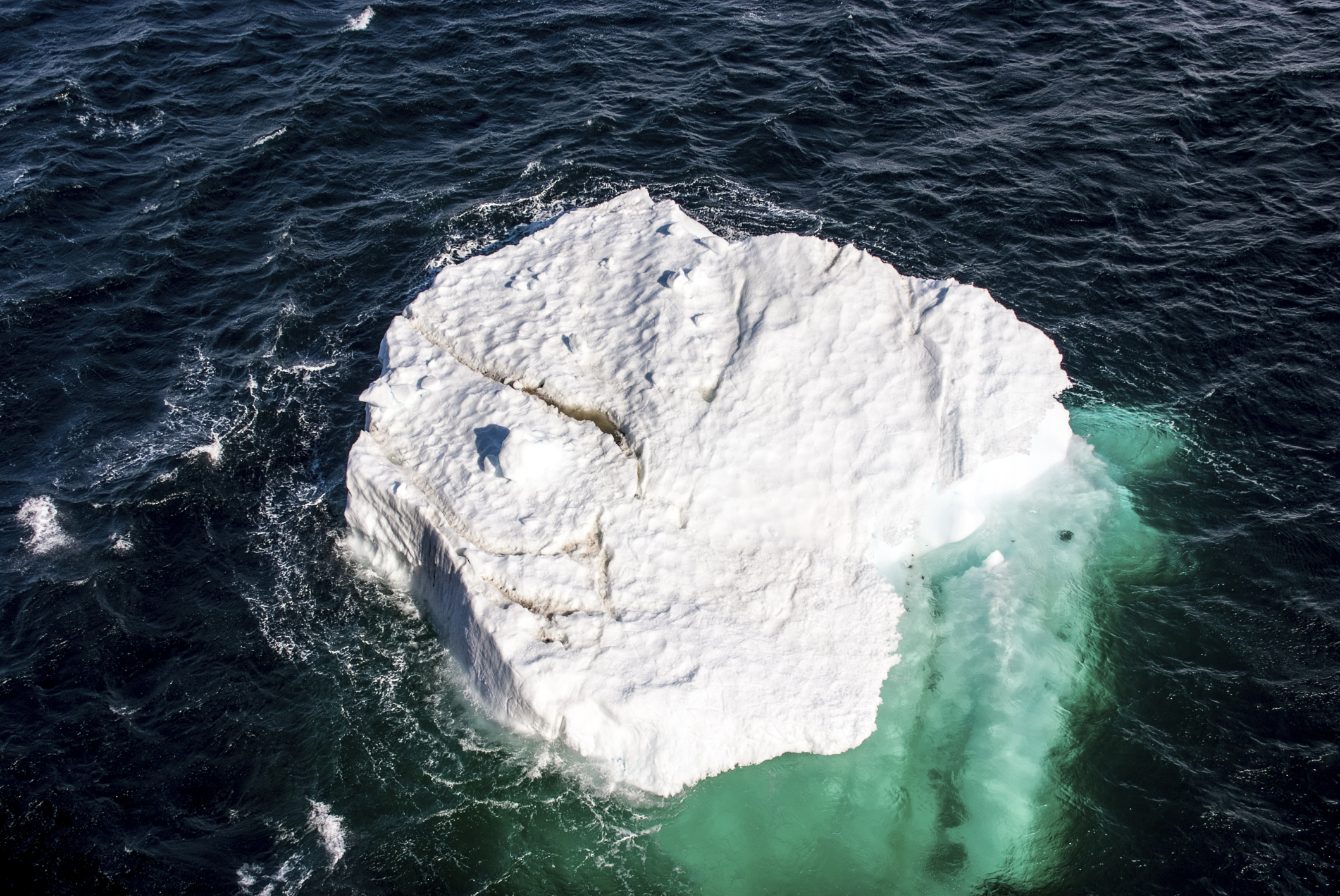Last week, tyhe West Nordic Council concluded its annual meeting, held this year in Vestmannaeyjar (Iceland). The west Nordic Council,which consists of Iceland, the Faroe Islands and Greenland, is an internal Nordic Council body dealing with regional policies, promoting regional interests and cooperation with neighbouring Countries.

As reported by the West Nordic website, "the special cultural and geographic conditions of the Faroe Islands, Greenland and Iceland were subject to political discussions of the early 1980s. Subsequently, the West Nordic Countries agreed to establish a joint parliamentary organisation. The chief aim would be to cooperate on common problems and to conduct positive and constructive cooperation regarding West Nordic, or North Atlantic, issues with the Nordic Council as well as other organisations.The West Nordic Parliamentarian Council of Cooperation was formed in 1985.In 1997 the name was changed to the West Nordic Council as the member parliaments approved the Council's present Charter.The parliaments of the Greenland, Iceland and the Faroe Islands each appoint six representatives to the West Nordic Council – i.e. a total of 18 members."
As stated by Unnur Brá Konráðsdóttir, current President of the West Nordic Council and member of the Icelandic Parliament, and reported by the Arctic Journal:
"the West Nordic Council recommends that the three governments should strengthen Arctic co-operation at the national level and create a free-trade area.
In August, the West Nordic Council applied for observer status in the Arctic Council, and during this year's Arctic Circle conference, the council will host a session about legislative collaboration. These initiatives are important steps towards further Arctic co-operation in the West Nordic Council.
The West Nordic Council has a powerful voice in the Arctic if we work together. Our countries have small populations: they make up 10 percent of the entire Arctic population and 20 percent of its land area. But our geographical location – in the North Atlantic, between Europe and North America, and with ever improving sea access to east Asia – will make us even more attractive in the years to come.
Our location makes us a potential hub of commerce and scientific research, as well as a go-between for major powers, the other Nordic countries and countries from outside the region. Coming up with a common Arctic policy in areas where the three countries have shared interests is key to strengthening the region.
It is my hope that the initiatives the West Nordic Council has taken in recent years will contribute to closer Arctic co-operation among the three neighbours, and that this collaboration will only grow and thrive with time."
